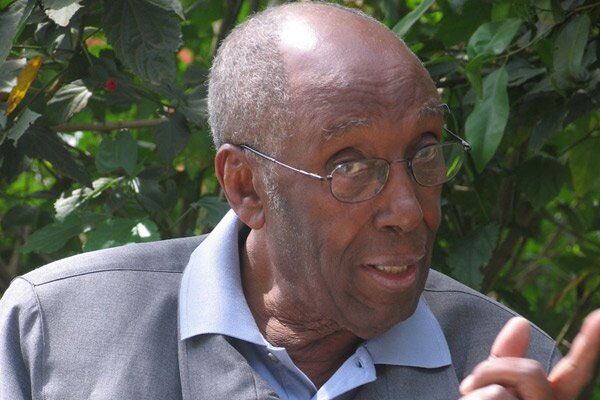
In 1968, Nation Editor-in-Chief George Githii lost his job for preparing Mzee Jomo Kenyatta’s obituary in anticipation of the leader’s demise.
According to Kenya’s first Secretary to the Cabinet, Duncan Ndegwa, the president was at the peak of his glory when he was suddenly taken ill at Tiririka in Mombasa. He had suffered a heart attack that left him unconscious for three days.

“It was an event hidden to the public. I saw him (Mzee Kenyatta) bed-ridden, breathing quite heavily and almost in a coma,” Ndegwa recalled in his memoir, Walking in Kenyatta’s Struggles.


The news of Kenyatta’s critical state was kept away from the public as his team assured that “he would continue with his busy working schedule as soon as he could manage to walk about.”
Then editor, Githii, prepared an obituary on the ‘passing away of the Great Kenyatta’. Ndegwa speculated that the journalist came about the news because of his close relationship with then AG Njonjo by noting “Maybe the copy had received Njonjo’s clearance.”

“It was intended for publication soon after Mzee’s expected death. Nothing new. Editors of newspapers prepare dirty and otherwise adverse copies about heroes and celebrities all the time,” Ndegwa noted.
Njonjo came by the draft and ordered the destruction of the copy.
The offending article, together with the drafts and photographs, were ordered destroyed by burning under the supervision of the CID.

On orders of the Aga Khan, George Githii lost the job of Editor-in-Chief at Nation newspapers.

“He had yet to learn the wishes of all great men from Alexander the Great, to Julius Ceaser to Napoleon and after – which was always to be seen by the subjects as indestructible and invincible,” Ndegwa opined.
Kenyatta lived ten years more, but never wholly recovered the energy and stamina of his robust past.

Additional revelations emerged that at the time Kenyatta had a heart attack, his close confidants discreetly began planning for his funeral in conjunction with the British Government Commonwealth Office.